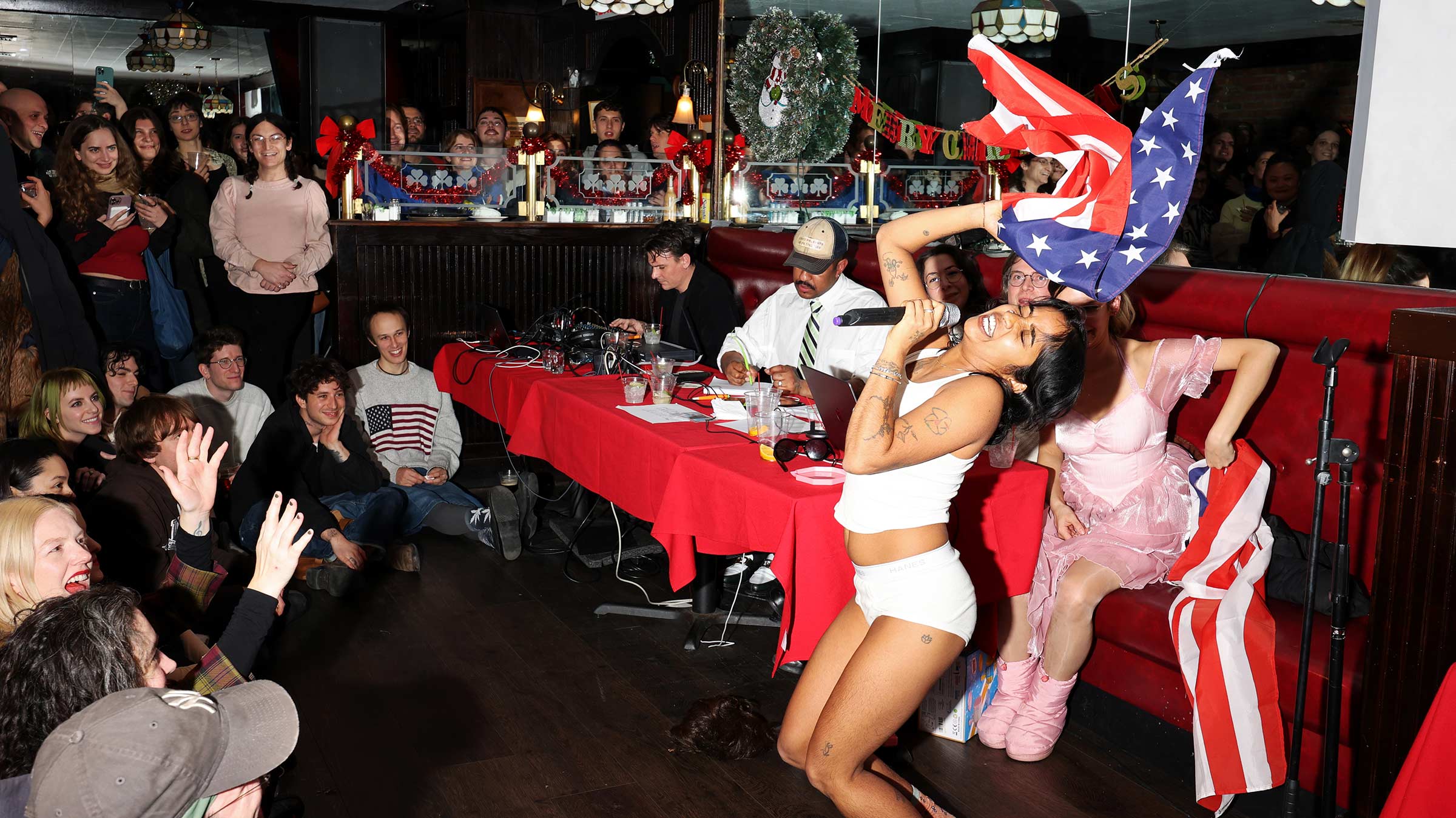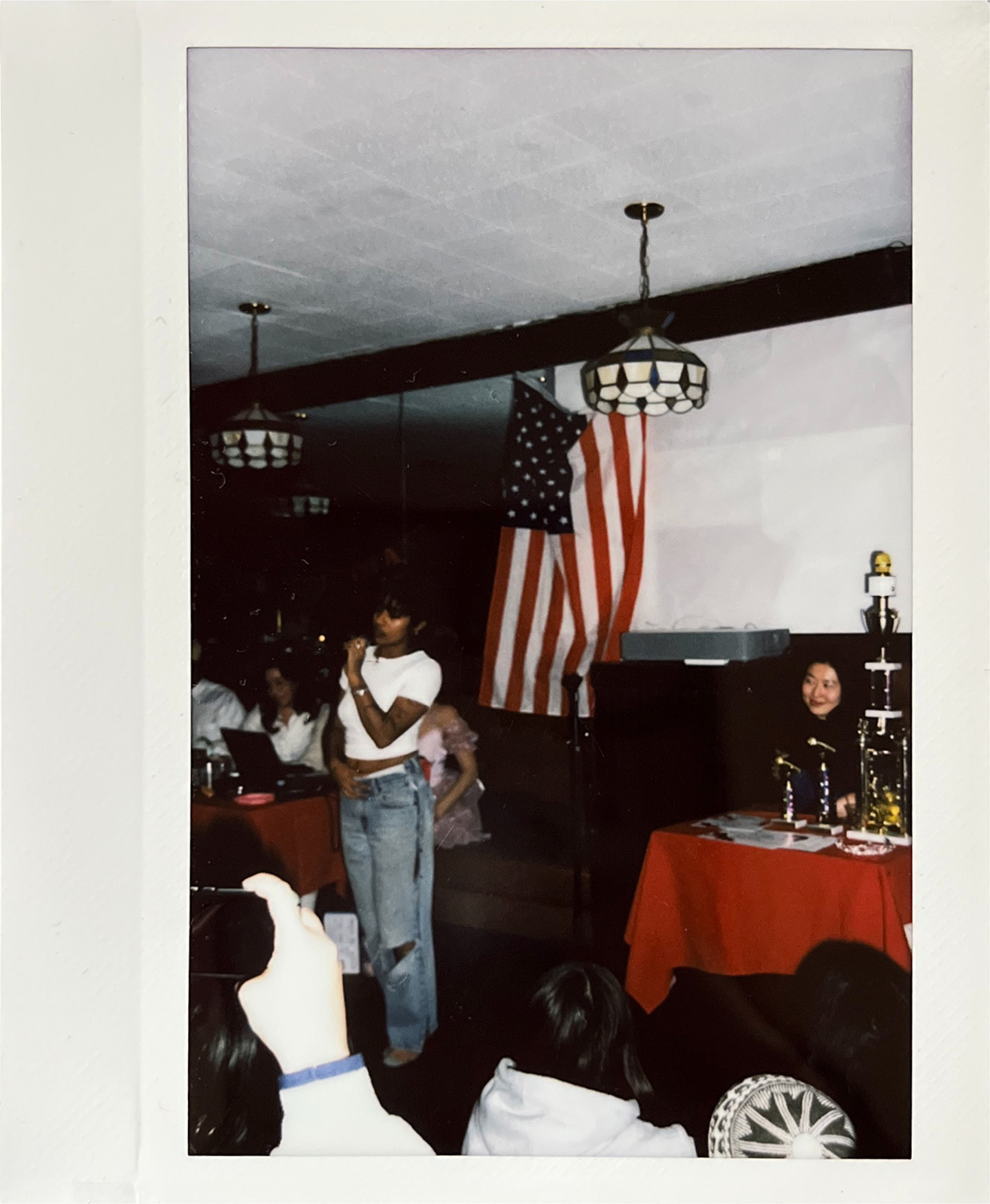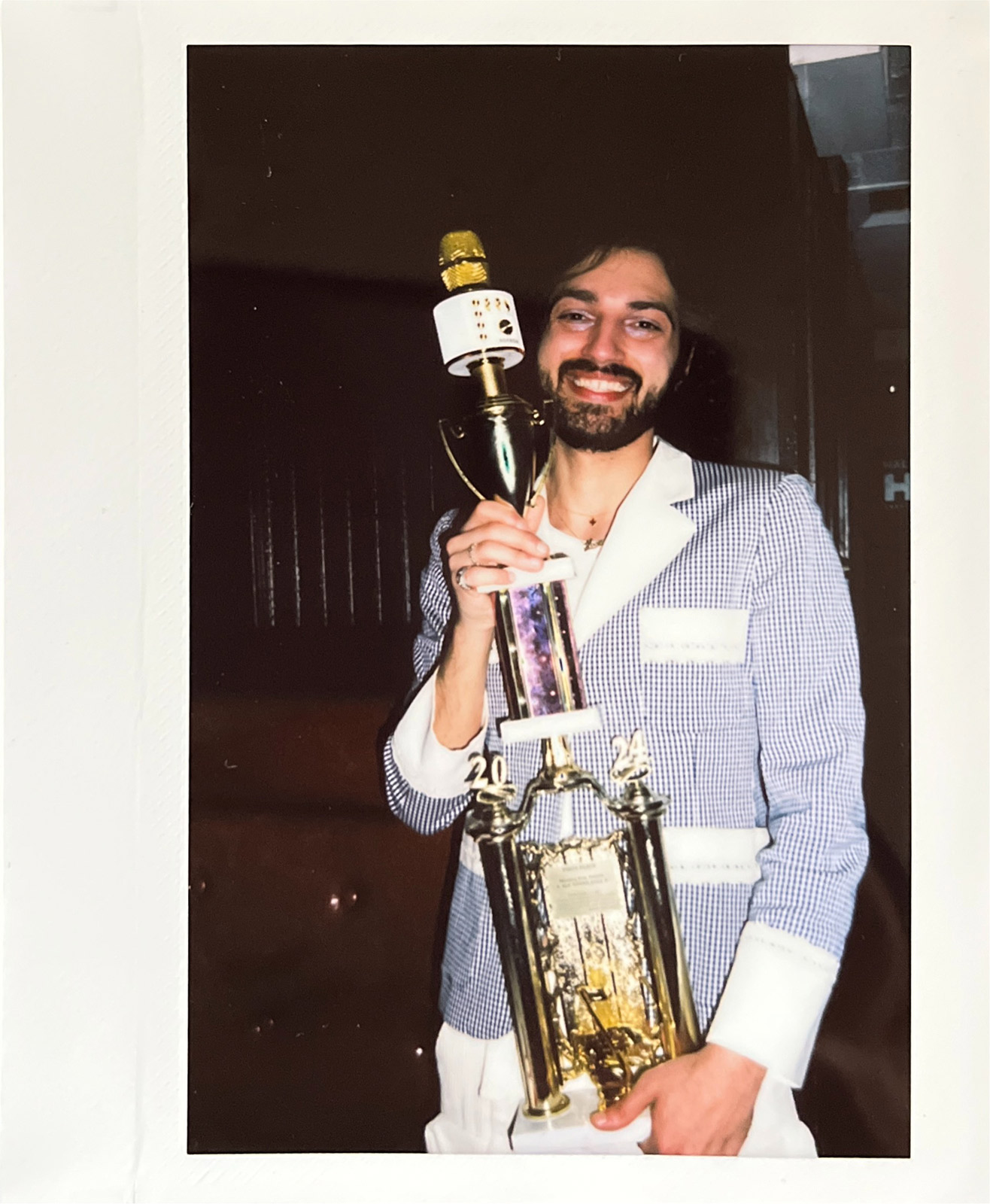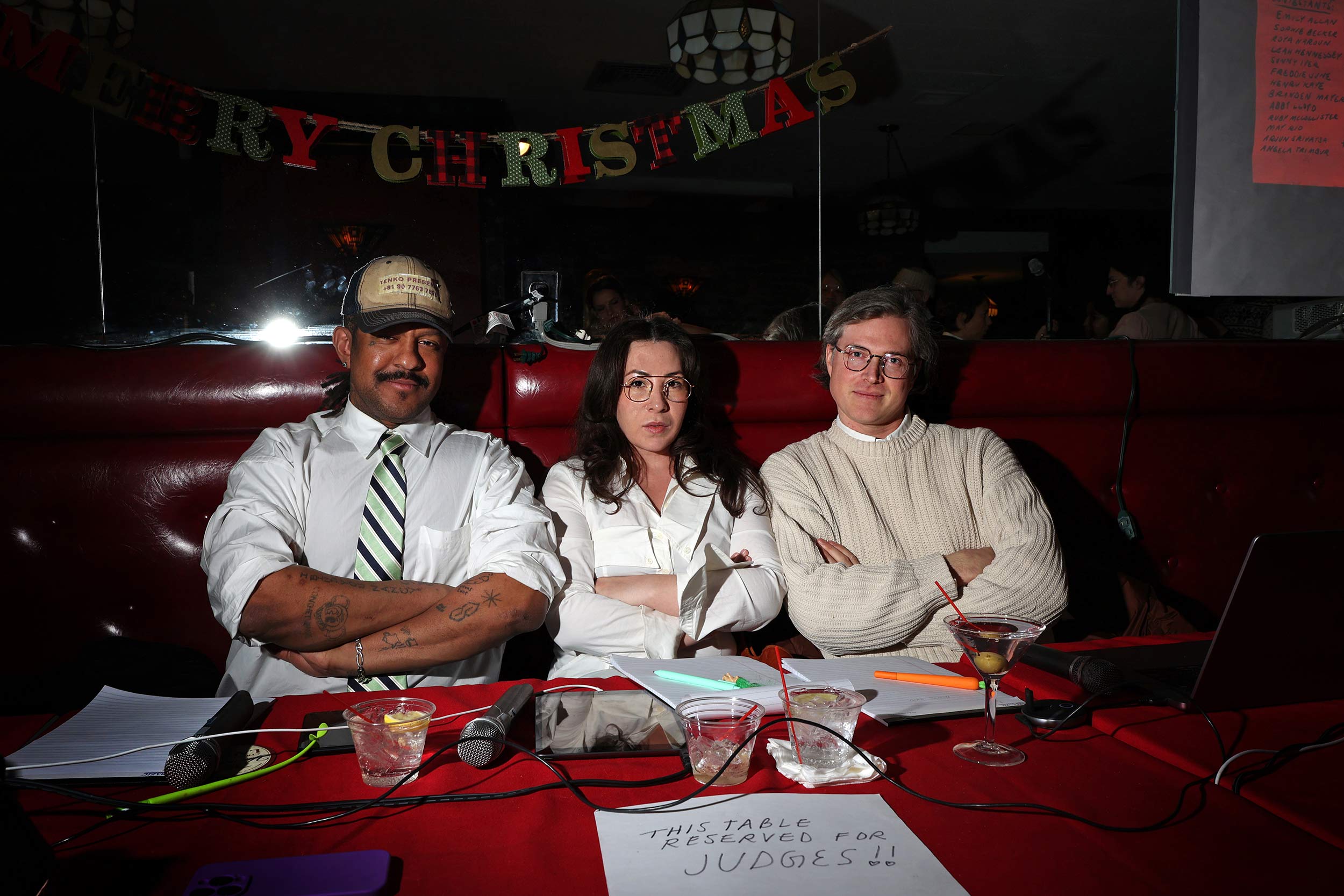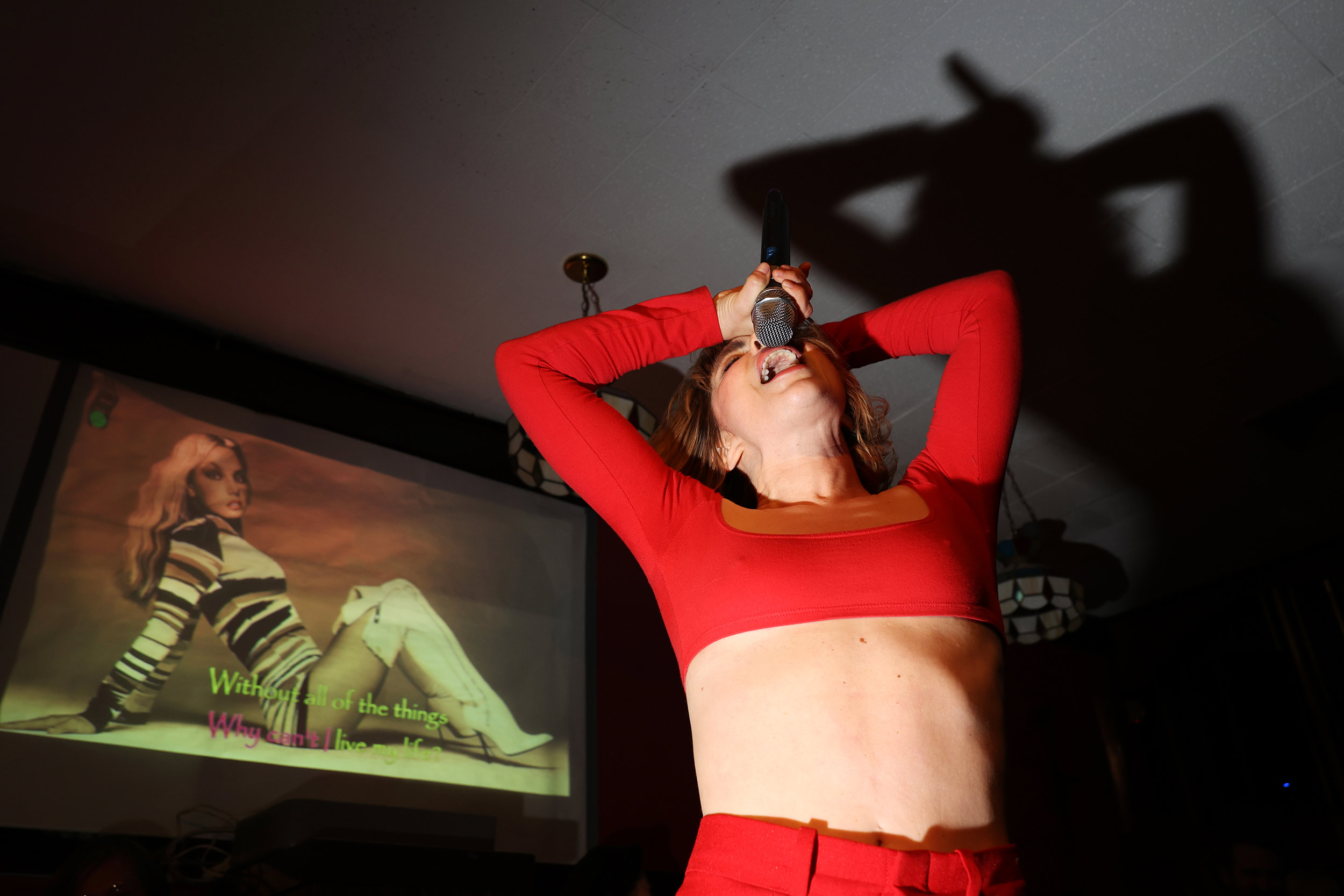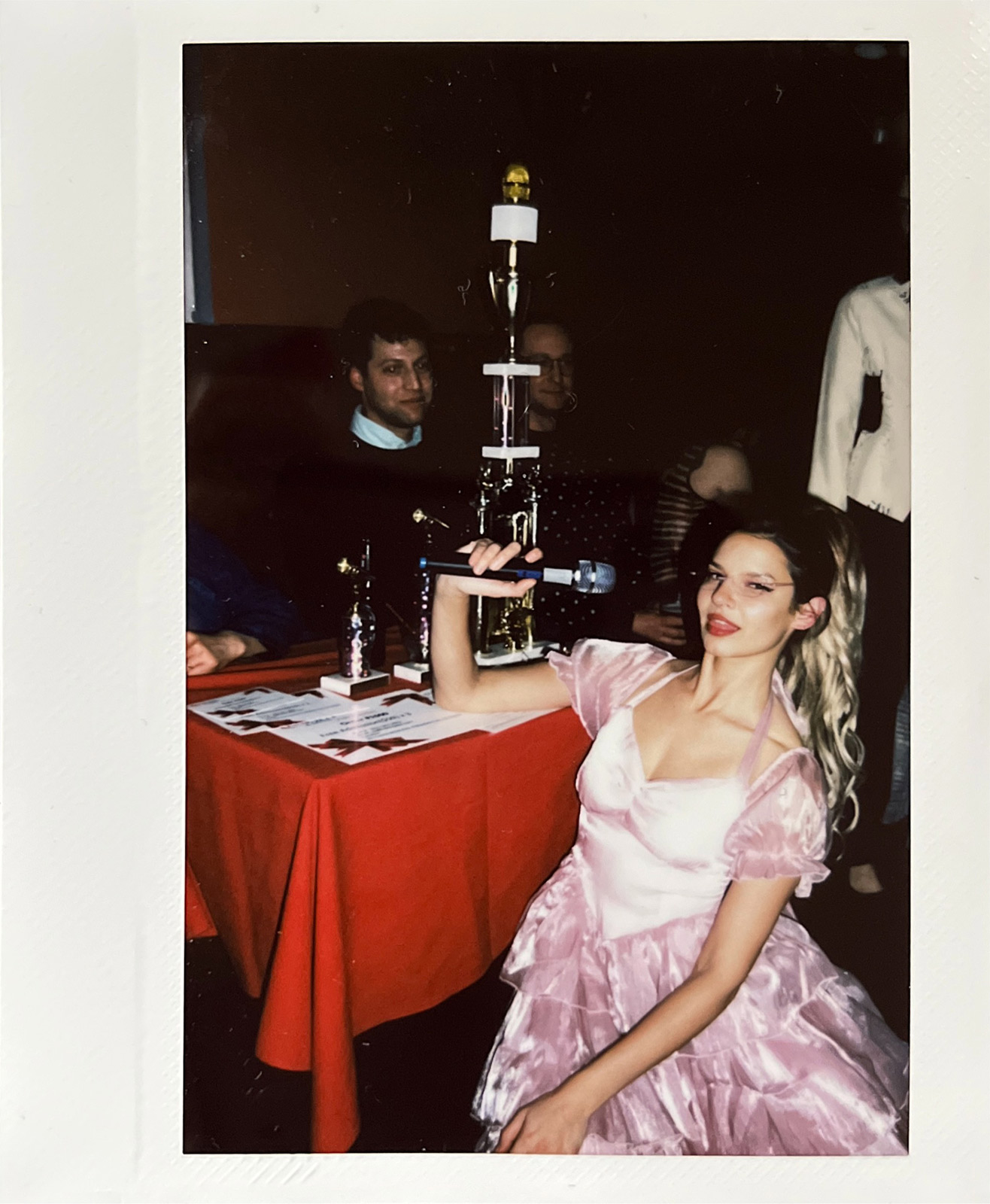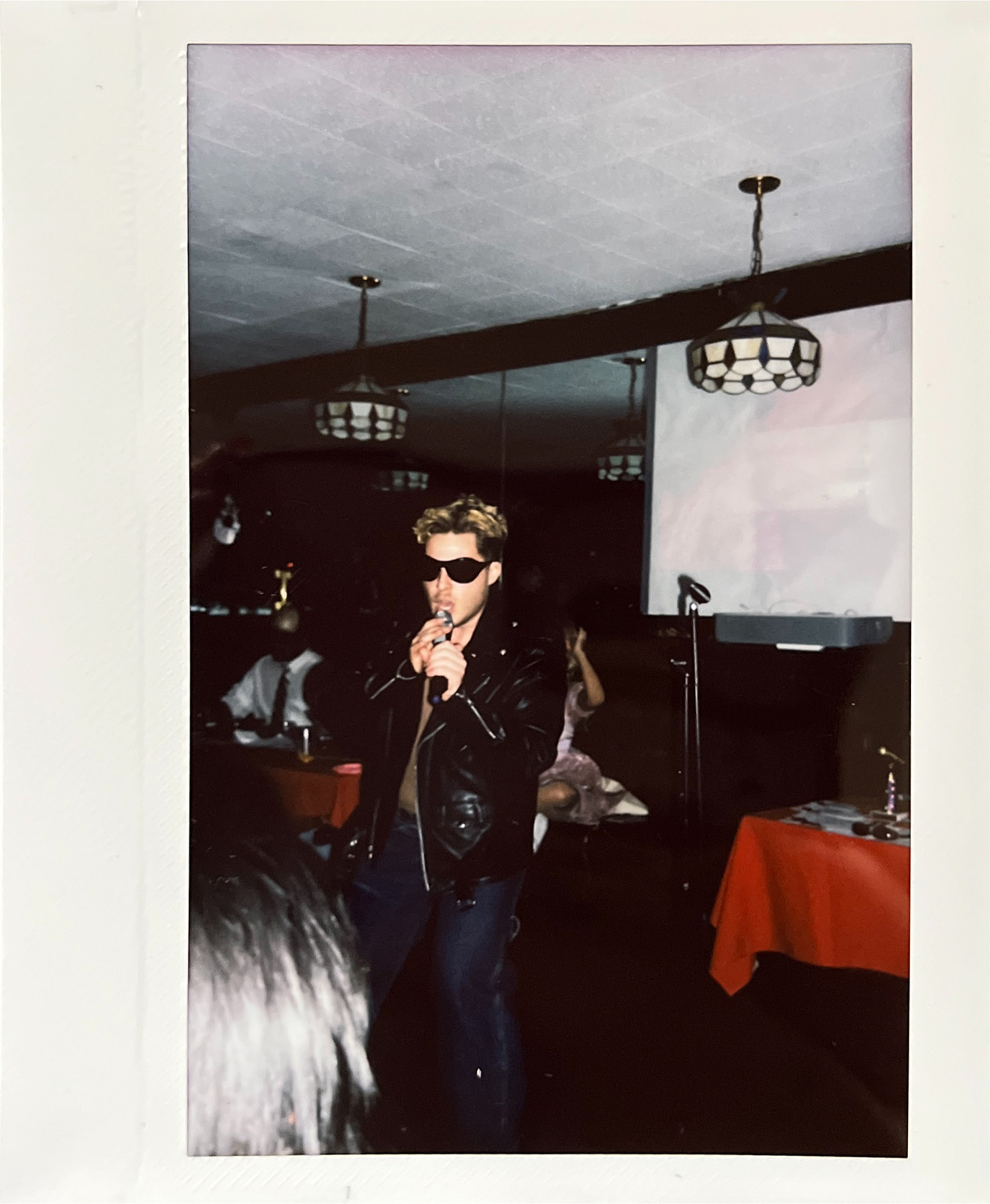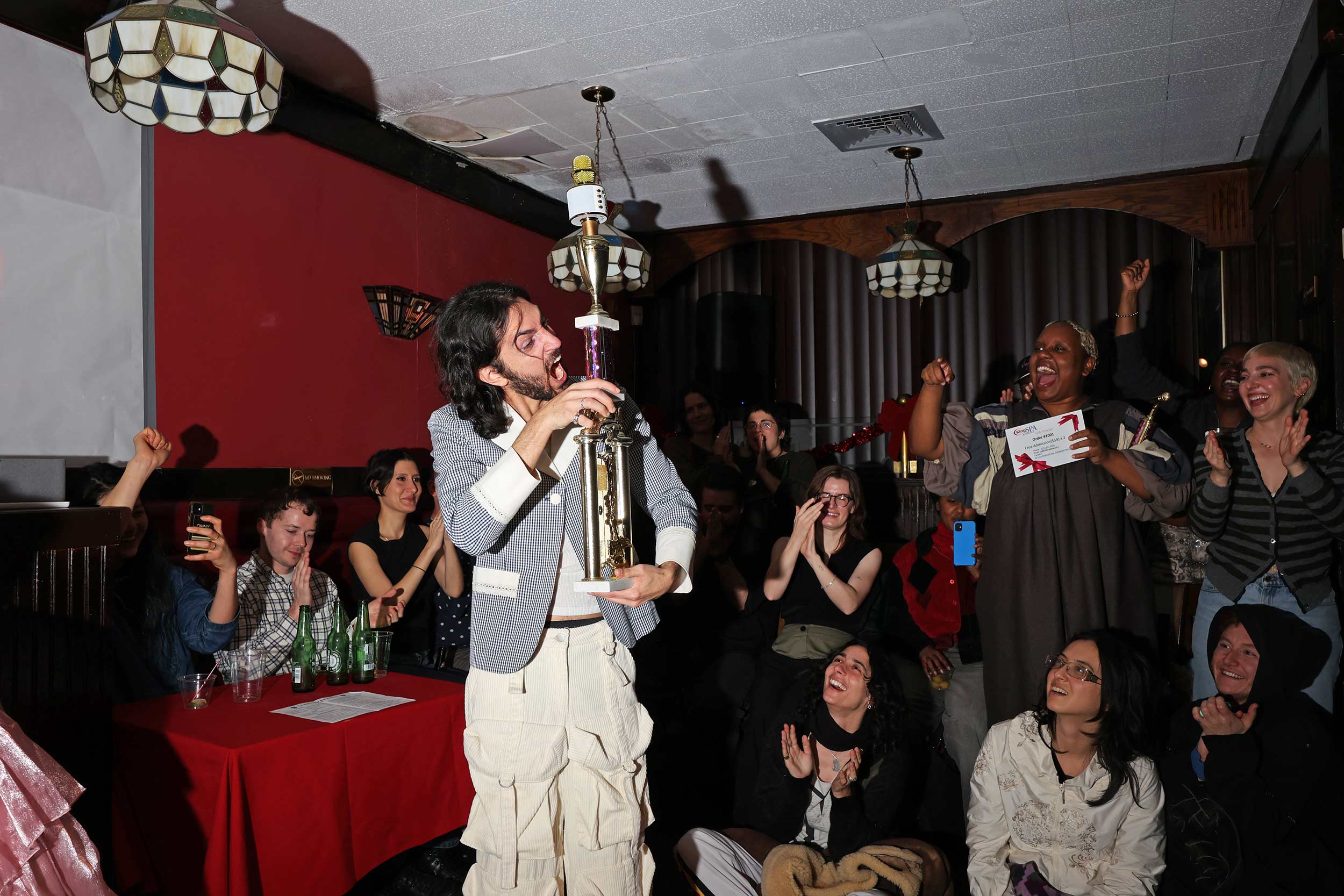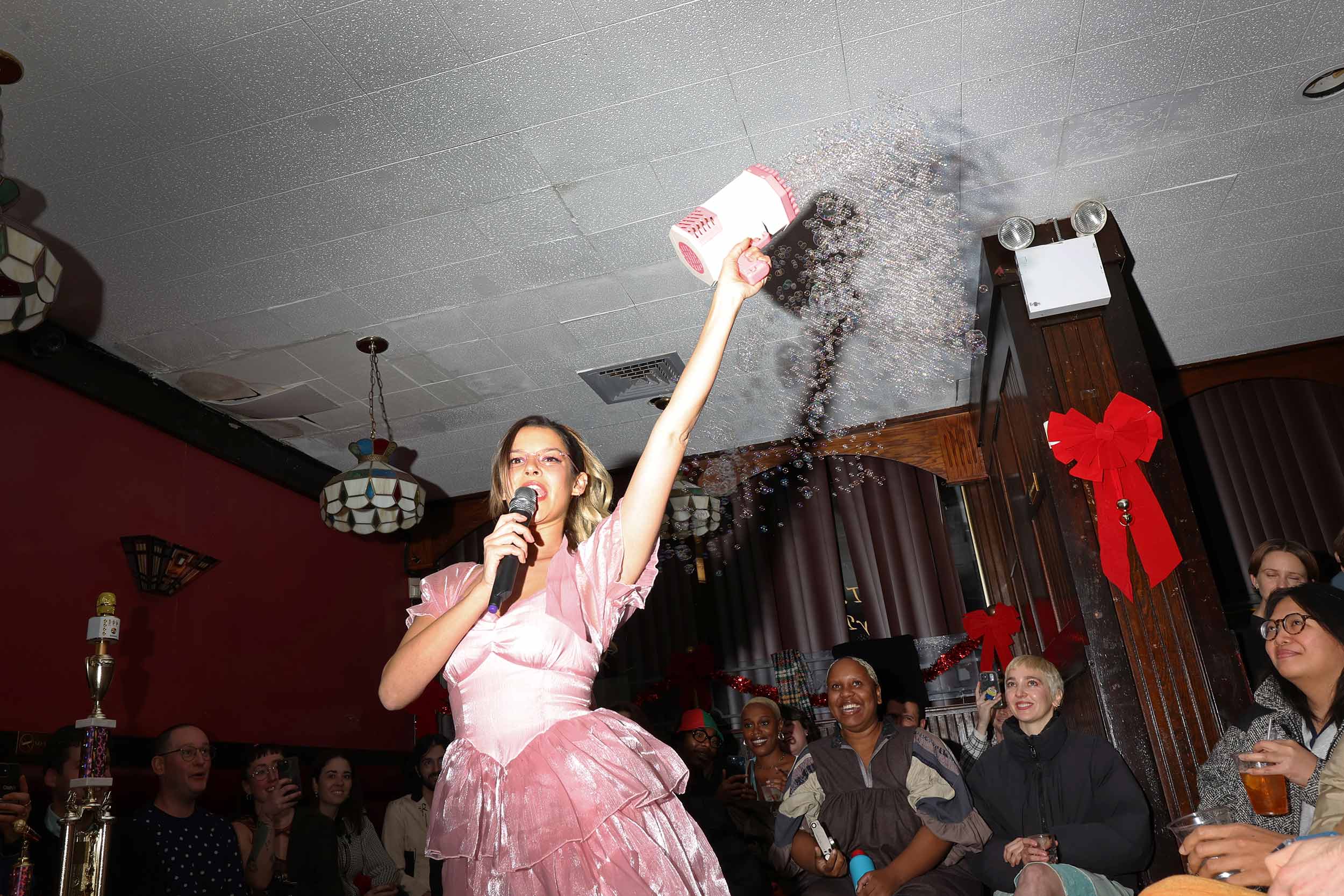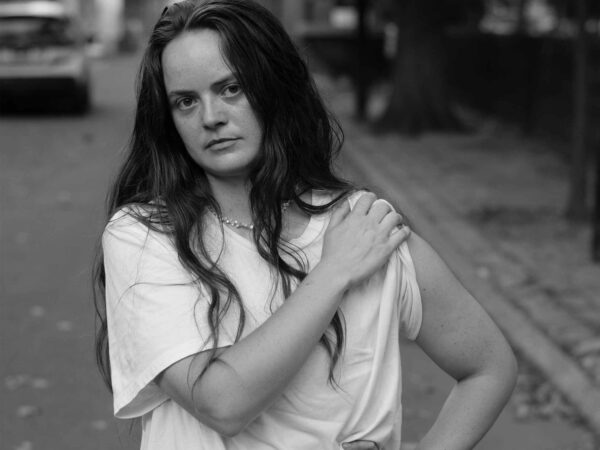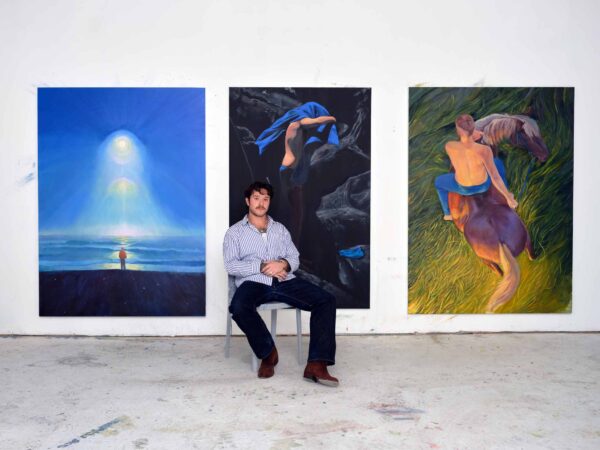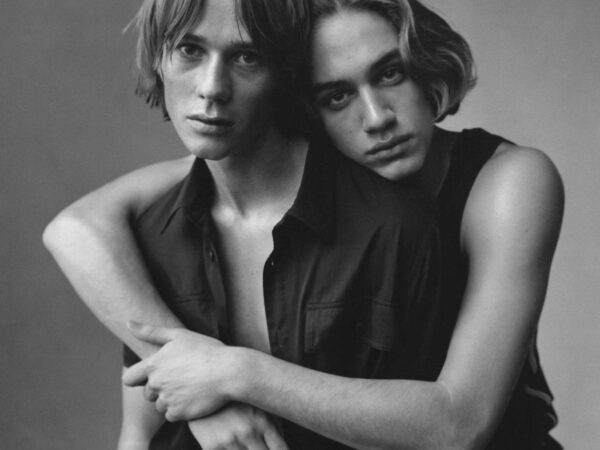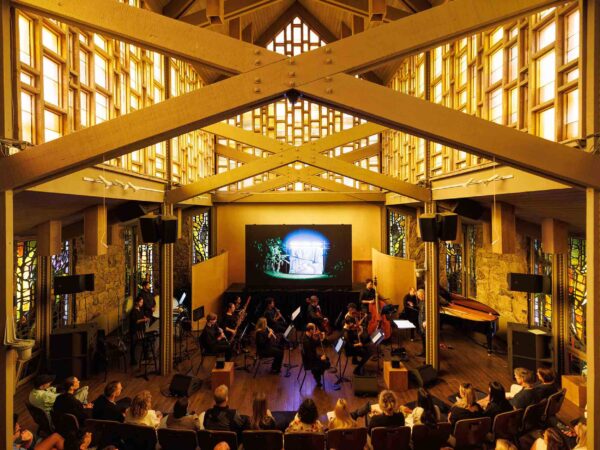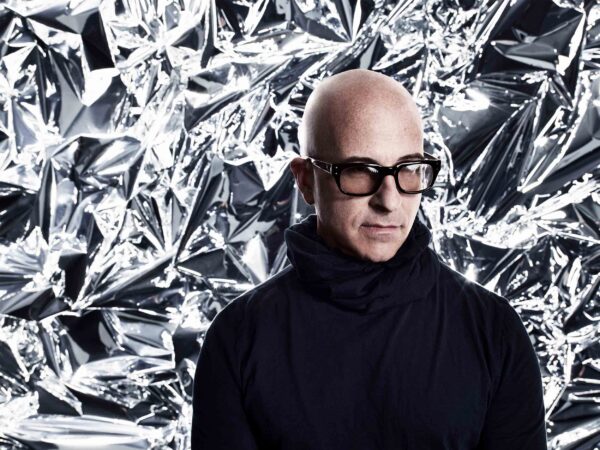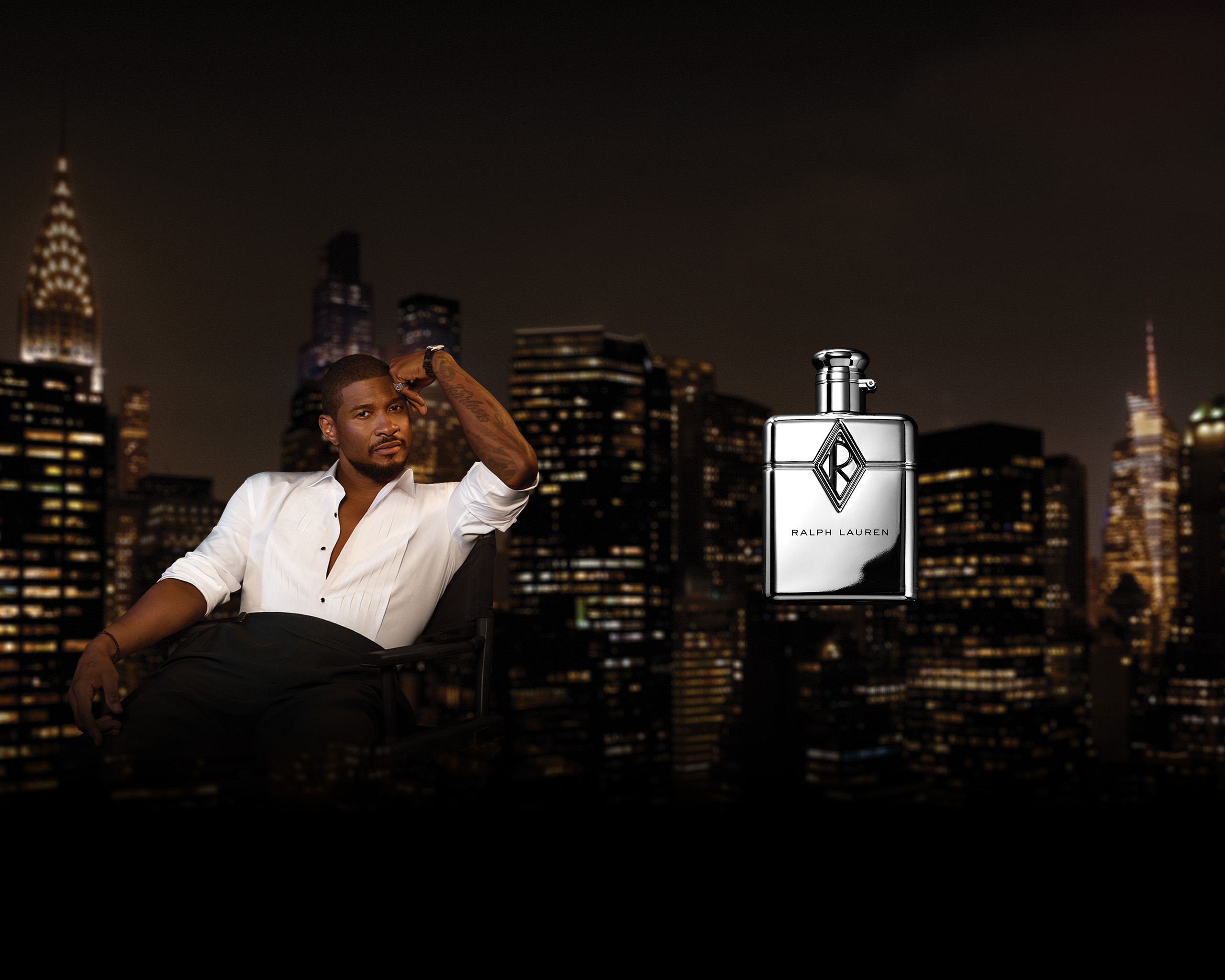The Lower Manhattan-based organization’s sixth annual tournament featured an aural battle royale of performance-art all stars
It’s Friday night, and I’m on my way over to T.J. Byrnes for the sixth anniversary of Montez Got Talent, the karaoke tournament put on by Lower Manhattan’s favorite radio station, MPR. Lena Greene, the host of the event, texts me to let me know that it has sold out and nearly 200 spectators are expected to fill the Irish pub’s red-leather-clad rooms.
Upon arrival, a table of trophies gleams in the dimly lit dining area beyond the bar as performers congregate around. This year marks a celebratory reunion, where winners from previous contests have come together to compete, including Sophie Becker, Leah Hennessey, Roya Haroun, Abby Lloyd, Shala Miller, May Rio, Branden Mayeri, Henry Kaye, Sunny Iyer, Angela Trimbur, and Arjun Ram Srivatsa. The repertoire ranges from Celine Dion and Shania Twain to the Isley Brothers, and of course, the soundtrack to Wicked. From ventriloquists and writers to choreographers, gallerists, directors, and musical artists, the roster is nothing short of talent. But who will emerge as the evening’s standout performer? In true New York fashion, it’s never really about being the best or the most talented—it’s about owning the stage and convincing everyone you are. Fake it till you make it, after all.
The panel of judges also include cult personalities, like rapper Mykki Blanco, artist Bea Fremderman, and Sam Korman, a critic and editor of the skateboard magazine PLANK. Judgment is a performance act in itself, so as long as there’s an audience. “It’s giving Blumarine,” Blanco declares to the crowd, spewing fashion takes on each contestant. “As one of the pioneering artists of a subgenre of hip-hop called ‘queer rap,’” they remark, quoting their own Wikipedia page after Emily Allan performs Eminem’s “8 Mile,” “you are the Joan Didion of rap.”
These days, karaoke invites seem to roll in almost weekly, each one raising the stakes. Karaoke with your boss? Why not. With your nemesis? Even better. Karaoke is typically a space for embracing failure—where taking yourself too seriously is a faux pas, if not entirely missing the point. It’s a tool to help the overly inhibited loosen up. Yet, for Montez Got Talent, it’s both that and something else entirely.
For their 50th anniversary gala afters, nonprofit arts organization Creative Time also hosted an all-out karaoke party this year, to which the writer and critic Travis Diehl informed me, yet at another karaoke event, “was when boundaries started to blur.” As I reflect on how fiercely competitive the art world has become, and the irony of the immense talent packed into the room, I can’t help but wonder what drama might unfold (by the end, there was, indeed, the makings of a battle: sweat, blood, and tears). For most, daily life involves playing assigned roles—at work or elsewhere—before clocking out and returning to our “authentic” selves. But for artists, the act of performance never truly ends. Performativity, by its nature, is self-aware and intentional. You might seem to play the fool, but in truth, every move is calculated. Even here, you arrive with a measure of preparation. In the words of Lauren Berlant, “Whatever accident you have to clean up after, will be more pleasant if you whistle while you work.”
Why is karaoke such a salve in the world of self-serious artists? “We’re all so caught up in the perpetual performance of success. Degrees, accolades, CVs, sponsorships, likes, and so on,” Lena answers, as to why she started the competition. “Karaoke, in this format, satirizes a competitive, aspirational, and over-professionalized industry.” Lena, an animator who has worked with Adult Swim and Lana Del Rey, recently finished her short musical film, Tuna Tartare (releasing 2025), about a can of tuna fish who never “made it” but still still sings at the karaoke bar with her best friend, a fake Louis Vuitton purse. “It’s a reminder that we might be a grotesquely competitive bunch, but we’re in this together, so let’s have some fun with it.”
On the eve of her grand soiree, I sat down with the hostess extraordinaire to discuss her long-standing karaoke fandom and the legacy of Montez Got Talent.
Vivien Lee: How did you feel about year six? What were some of your thoughts leading up to the event and after?
Lena Greene: For ‘ALL STARS’ we picked the top-12 contestants from the past five years, from a pool of 50 karaoke fanatics. This time, veteran contestants knew what they were getting themselves into and came ready to rumble. Getting ready together in the ‘green room’ (the secret men’s bathroom in the T.J. Byrnes basement) before the show started felt like a reunion episode. Old stars seeing each other for the first time since 2019 and bubbling with excitement for the night to come. There’s no camaraderie like doing each other’s make-up before going to war. Post-show, I’m looking forward to singing again with everyone.
Vivien: Why do you think karaoke is the antidote in our over performative culture?
Lena: Before recorded music, literally everyone used to sing all the time. Families would gather around to entertain each other in song and whole communities would sing in worship. Once recorded music proliferated and a professionalized entertainment industry set an unattainable standard for performance, the mentality shifted as to who was ‘allowed’ to sing sincerely and who could only sing as a ‘joke.’
Karaoke’s introduction to the West was slow, and initially thought of as a joke, but today there’s no denying it’s a potent remedy to our many inhibitions and social afflictions. [Singing is] a necessary catharsis we are all entitled to, not just the few with record deals.
Even as a group of egomaniacal exhibitionists, we’re surprisingly starved of low-stakes ways to cut loose and actually enjoy performing for each other. We shouldn’t need permission from a made up job title to sing, or make any kind of art, for that matter.
Vivien: How have you seen the community around this competition change over the years?
Lena: It’s definitely grown alongside the fans and the contestants’ passion for it. For the first three, we all packed into Montez Press Radio’s little space on 46 Canal Street. In 2022, we leveled up to KGB’s Red Room, which was cute but still too small. 2023 was fabulous at Sara’s in Chatham Square, though we realized the gallery space didn’t feel right—we sing drunkenly in dark rooms as a reprieve from the white cube’s fluorescent self-awareness!
T.J. Byrnes, a beloved normie bar for artists trying to get some space [away] from Dimes Square without crossing a bridge, seemed like a great combination of all previous spaces. It was a setting everyone already knew and loved and Thomas who runs it is so chill.
Vivien: What do you look for when you scout for contestants? How about the judges?
Lena: I look for contestants who take karaoke very seriously, who don’t just throw away their song by singing ironically. I care if they can feel. I want to watch them enter another world when it’s their turn on the mic.
I’m also looking for artists who can make a song their own, either by transforming a well-known song into something new, or introducing the audience to a song most have never heard before.
The judges need to be able to command the room, think quickly on their feet, have great comedic timing, and stun the crowd with their wit and knowledge of karaoke.
Vivien: Karaoke has obviously informed your work on Tuna Tartare, and a big part of your life. What makes this the medium that other people should care about?
Lena: Everyone has had a song in their heart, a song that’s been stuck in their head for hours, or a song they just need to get off of their chest. In a world so obsessed with ‘making it’ and ‘being successful,’ sometimes you just need to take a breath and let that song out. It’s cathartic.
Singing isn’t just for pop stars and cool kids, it’s for everyone. Maybe not everyone can sing, but everyone can feel. Sing and you’ll feel better.
I believe amateurism is integral to art. I love that the etymology of ‘amateur’ is from the latin ‘amator’ which simply means a ‘lover.’ It just means you love a thing. That’s all that’s required to be an artist.


